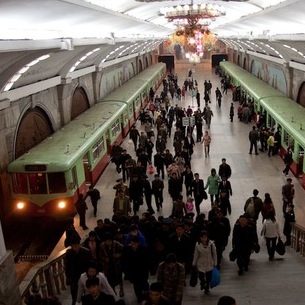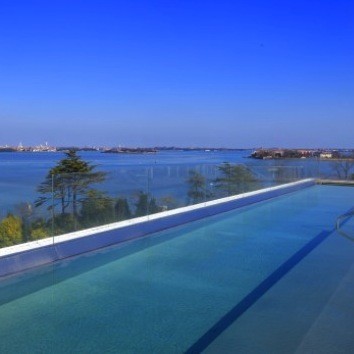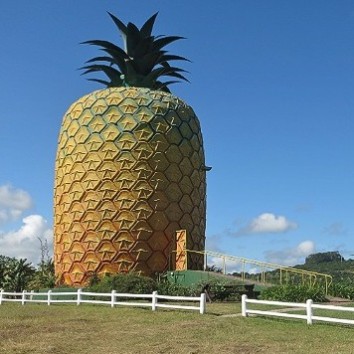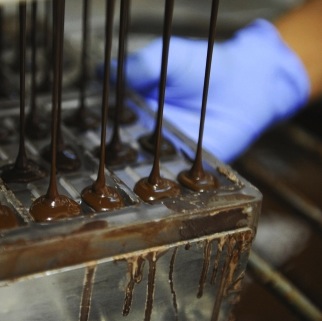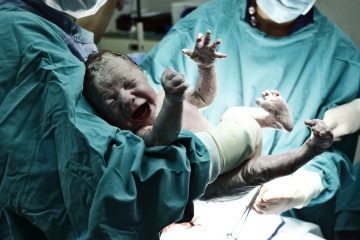
Giving birth in Hong Kong in the pandemic
— June 14, 2023A mother who gave birth in a Hong Kong public hospital during the Covid-19 pandemic recalls a lack of communication and being denied basic comforts

When Monique discovered she was pregnant during the Covid-19 pandemic, she expected challenges and restrictions. What she didn’t expect was to spend so much of her time in hospital arguing with medical staff and fighting to stay with her baby.
Monique, who gave her first name only, is in a group of 10 women who had their babies within two weeks of each other – in February 2022 – at Hong Kong public hospitals.
Seven had their babies taken to a neonatal intensive care unit immediately after birth.
“All the babies were put on antibiotics and given X-rays. I was the only one who discharged [myself] against medical advice; the others didn’t get their babies back for four or more days,” says Monique. (After delivery mothers produce colostrum, a type of breast milk that is nutrient-dense and high in antibodies and antioxidants to build a newborn baby’s immune system. It is only produced for two to four days.)
One of the biggest challenges was trying to track rules and regulations that changed so rapidly staff at hospitals were often operating under different policies.
In the weeks leading up to the birth, she went to a community centre every few days to do a PCR test for Covid-19. Prince of Wales Hospital staff had made it clear that without a negative test result she would not be admitted.
“I heard there was an unofficial maternity ward in the basement of an isolation facility where they would take you. I don’t know if that was true; there were a lot of horror stories going around about what happened if you tested positive,” she said.
Amid a climate of fear, she did her best to keep a level head. She prepared a bag to take to the hospital packed with snacks, her phone and a playlist of music to distract her from the contractions.
The week that she was due, the fifth wave of Covid-19 peaked, and the government issued compulsory Covid-19 testing notices. It took five days to get the results back. Her waters broke just after midnight and her most recent negative result fell just outside a 48-hour window.
At Prince of Wales Hospital in Sha Tin she was given a Covid test. She was a long way off giving birth, but because it took seven hours to get results back from the lab, the hospital was telling women to come in as soon as their waters broke.
“I went in knowing to expect no bedside manner, but also knowing the healthcare system is one of the best in the world, so if there’s any risk they will mitigate it.”
Rather than resting ahead of the birth, Monique was in a ward surrounded by women having contractions and screaming in agony. When her contractions started at 8am, she was moved to the early labour ward – without the bag she had prepared. She was told she would see it after her delivery. That really rattled her.
“I wanted to stand up and stretch my legs and let gravity play its part, but they wouldn’t let me stand even within my curtained off area; they wouldn’t even let me have my feet on the floor. They kept saying, ‘It’s because of Covid’,” said Monique.
Ahead of the birth it was important to stay calm and focus on her breathing, but she was upset. She couldn’t speak to her husband – she wasn’t allowed her phone – or listen to her soothing playlist.
“I was thirsty, but they wouldn’t let me drink. They wouldn’t let me eat. I wasn’t even allowed to go to the bathroom and they kept putting a bedpan under me. I was thinking, ‘Where is my stuff? I can’t move from my bed. I can’t speak to my husband’,” she said.
In this state of distress, her labour wasn’t progressing smoothly and the midwives were concerned that she was only slightly dilated.
“I said, ‘I’m not very relaxed right now. I just want to talk to my husband, I want my stuff.’ Logic was out of the window,” she said.
When she was moved to the delivery ward, a different set of nurses allowed her to have little sips of water and to speak to her husband. Finally, she was able to relax and became fully dilated – but too quickly. An alarm sounded, and paperwork was thrust in her face.
“A doctor came in – before it had all been midwives – with 10 students who rushed in after him. He said, ‘Your baby is in extreme distress, relax and push when I say’,” she said.
The birth was a success. That evening, while resting with her newborn in the post-delivery ward, a nurse took the baby away to the special care baby unit.
The baby was at risk, she was told, because right after the delivery, Monique had an “elevated” temperature of 37.5 degrees Celsius (99.5 degrees Fahrenheit). It fell back to “normal” within 15 minutes.
She expected her baby to be returned in a couple of hours, but she wasn’t. After a sleepless night she was distraught. Nurses in the postnatal ward weren’t in touch with the special care baby unit and information was scant.
Then she learned that her baby had been given antibiotics, put on a drip and had X-rays done – all without her consent.
“I was so angry and upset. Beyond the curtain, I could hear babies all around me and I was alone. I was in pieces. A nurse asked why I was crying; she just didn’t get it. I told her, ‘I’ve just given birth and my baby has been taken away’,” she said.
She discharged herself and she and her husband camped outside the unit that held her daughter. Eventually a doctor came out and she explained that she wanted to see the baby’s test results.
“I told him, ‘If there’s any indication she needs to be there, then of course she will, but if there’s no need then it’s better she’s with her mum getting skin on skin and breast milk’,” she said.
They went through the baby’s test results and found everything was in the normal range.
“The doctor appreciated that I wasn’t being reckless and emotional. He eventually got the lawyers at the hospital to prepare papers to say we were discharging against medical advice, which was a petrifying thing to do as a new parent, although I was confident,” Monique said.
“I was so sure she needed to be home. It was not a nice way to start the journey of parenthood.”
It was tales of experiences such as these circulating among expectant mothers that pushed Samantha [not her real name] to go to a private hospital twice during the pandemic to give birth, in November 2020 and April 2022.
If not for the pandemic, she insists she would have given birth in a public hospital – she rates them highly for their standard of medical care. Not normally driven by fear, she was feeling vulnerable.
“I’m in a very privileged position in that I could go private. I wouldn’t have done it if not for the pandemic. Public hospitals are very safe in Hong Kong,” Samantha said.
“During the pandemic it became apparent that they would require you to keep your mask on through the birth, your partner couldn’t be there with you, and if you tested positive there was a high chance that they would take your baby away from you.
“It was even more frustrating the second time around – I was having to make a similar decision [to go private] because of similar principles I didn’t agree with on how mums and babies should be treated. It was a decision driven by fear rather than choice,” said Samantha.
She wishes that Covid-19 had been treated as an illness rather than something to be afraid of.
“Everyone was scared of the virus … there was so much fear,” she said.
When the nurse came to take her baby, she would have been reassured if she had explained why.
“One of the biggest challenges was that no one really knew what was happening. The uncertainty could have been better managed if there was one place the information was posted so that everyone – parents, doctors and nurses – could go,” she said.
“If the regulations change every hour, then it can be changed on a very public notice area so that everyone is clear.”
Original Link: SCMP




